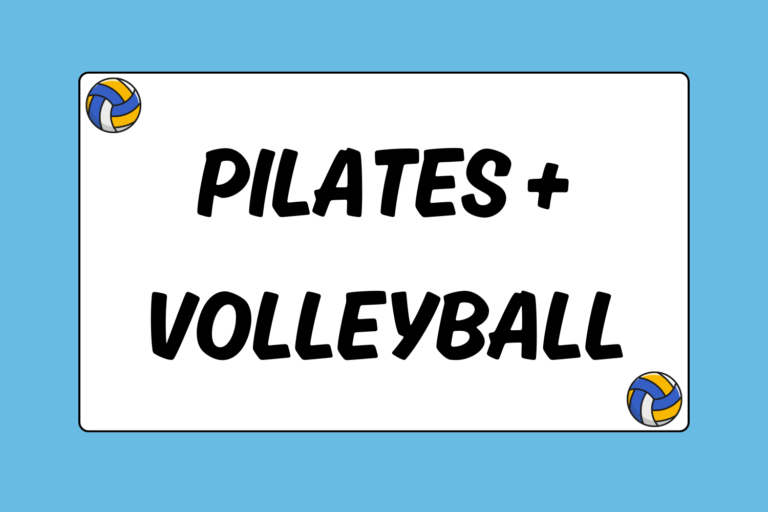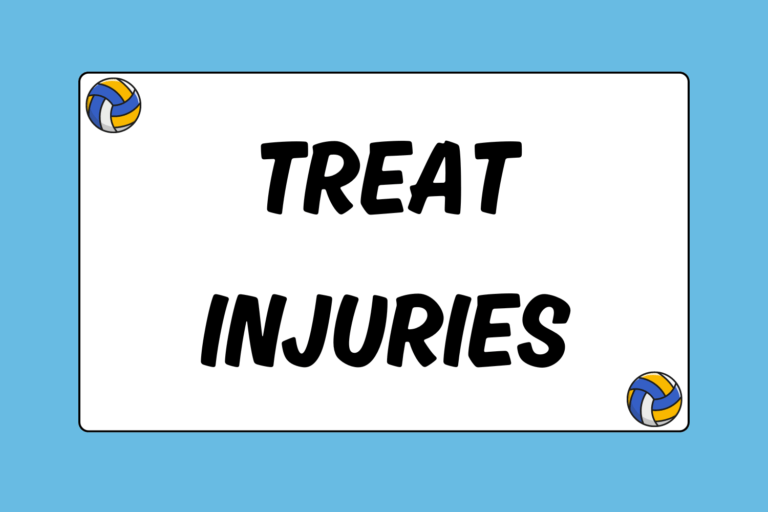Volleyball is a sport that can take years to master. Unfortunately for you and your team, during the season, time is at a premium. (After all, the season only lasts a few months.) One of the most difficult parts of coaching is figuring out how to cram everything your team needs to accomplish into a two- or three-hour practice. That’s why it’s important to make the most out of the limited time you do have, and a practice plan can help you do just that.
Sketching out your practice before you step in the gym will allow you to spend more time working on the areas where your team needs particular improvement. Here are a few tips and suggestions to keep in mind while planning your next practice.
Evaluate Your Team
Practices should always be tailored to address the specific needs of your team. In order to do that, you need to take a few minutes to evaluate the strengths and weaknesses of your players. Once you have a good idea of the areas in which they need the most improvement, it will be easier to plan a practice that addresses those needs.
Hot Tip: A Critical Eye
As the season progresses, your team will undoubtedly improve in certain areas, but may become deficient in others. Continually evaluating your team’s progress will allow you to adjust your practice plans accordingly.
Practice with a Purpose
Once you know the skills on which you would like to focus the practice, setting goals for your players can help keep them concentrated on the task at hand. Incorporating goals into your practice session can be as easy as requiring a specific number of “perfect” reps before moving on to the next drill. It can also be useful to hold a brief meeting with your team before practice starts to let them know what areas you want to focus on that day.
Strike a Balance
Planning a volleyball practice is a balancing act. Because skills are best mastered through repetition, practices must incorporate routine, yet still be dynamic enough to avoid boring your players. Effective practices allot enough time for polishing a variety of skills, but also set aside enough time for brushing up on areas that may need improvement.
Make it Fun
Above all else, volleyball is a game. And every game should, inherently, be fun. So even though you have a lot of coaching and drilling to cram into a limited amount of time, remember to always try to make practices fun and enjoyable.
Schedule Scrimmage Time
Drills are great for teaching new skills and reinforcing good habits. But endless hours of drills won’t necessarily make you a better player come game time. The reason for this is simple: Drills are systematic and tend to have a singular focus. This allows players to work on a given skill in a controlled environment.
Game situations, however, require players to continually make decisions on the fly. In other words, that inherent level of comfort built into practice situations doesn’t exist in the game. That’s why it’s imperative that coaches allot sufficient time for scrimmaging.
Practice Makes Perfect
The purpose of the practice plan is to provide structure and increase efficiency. There’s no such thing as a perfect practice plan, but the best practices are designed to address your team’s specific needs. Don’t feel pressured to conform to a certain practice layout if it isn’t a good fit for your team.
If in the middle of a practice, you find that your team needs more time with a drill than you had previously scheduled, then simply adjust your plan. After all, your practice plan is just a tentative outline of your practice. The most important thing is preparing the team for success on the court.





